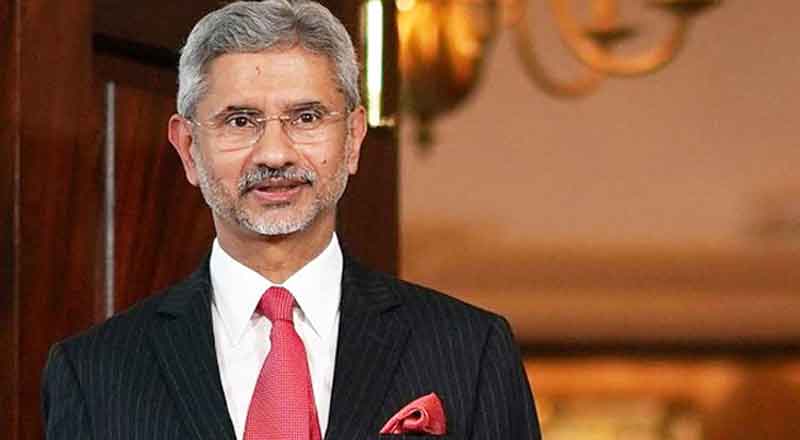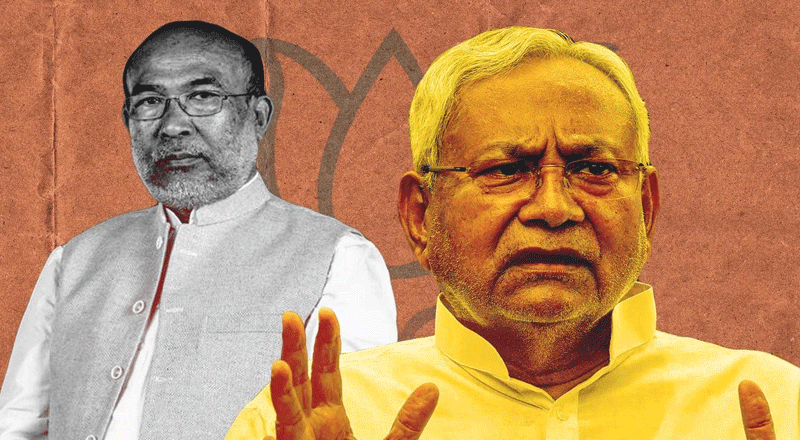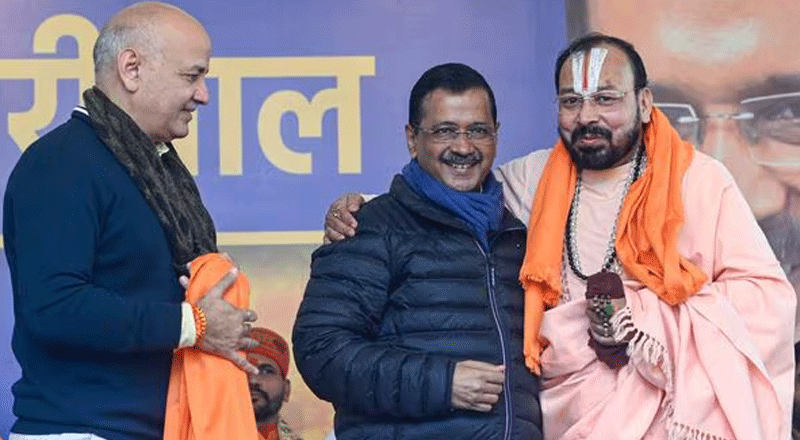- Addressing assertions of India’s alleged bullying in the region, External Affairs Minister S Jaishankar delivered a pointed response.
-
Jaishankar dismissed the notion, stating, “Big bullies don’t provide four and a half billion dollars when the neighbours are in trouble.” He highlighted India’s extensive support.
- The minister highlighted India’s constructive engagements, such as the establishment of power grids, roads, railways, and waterways, significantly benefiting nations like Bangladesh and Nepal.
- Reflecting on the global response to the COVID-19 pandemic, Jaishankar emphasized the interconnectedness of nations and the need for collective action in addressing global challenges.
- Beyond regional dynamics, Jaishankar stressed the importance of broader public engagement with foreign policy matters.
- His narrative portrayed India as a responsible actor, committed to fostering positive relationships, enhancing connectivity, and contributing to regional and global stability.
Addressing assertions of India’s alleged bullying in the region, External Affairs Minister S Jaishankar delivered a pointed response at a book launch event in the national capital, emphasizing the substantial aid provided by India to its neighbours during times of distress.
In a sharp retort, Jaishankar dismissed the notion, stating, “big bullies don’t provide four and a half billion dollars when the neighbours are in trouble.” He highlighted India’s extensive support, including supplying vaccines amidst the COVID-19 pandemic and accommodating exceptions to address various demands arising from crises around the globe.
Jaishankar’s remarks, captured in a widely shared video clip on social media, aimed to challenge perceptions of India’s conduct towards its neighbours. He underscored the transformative changes in India’s relationships with neighbouring countries, citing infrastructural developments and enhanced connectivity.
The minister highlighted India’s constructive engagements, such as the establishment of power grids, roads, railways, and waterways, significantly benefiting nations like Bangladesh and Nepal. He also emphasized the growth in trade, investments, and travel with neighbouring countries, attributing it to efforts to bolster connectivity and foster economic cooperation.
Jaishankar’s narrative emphasized India’s collaborative approach in the region, characterizing its relationship with most neighbouring countries as positive and forward-looking. However, he acknowledged challenges in specific bilateral relationships, expressing optimism for diplomatic resolutions in the future.
Beyond regional dynamics, Jaishankar stressed the importance of broader public engagement with foreign policy matters. He encouraged greater participation from the average citizen, asserting that foreign policy concerns are not limited to certain elites but should be of interest to all.
Reflecting on the global response to the COVID-19 pandemic, Jaishankar emphasized the interconnectedness of nations and the need for collective action in addressing global challenges. He underscored the significance of recognizing the world as a shared space, emphasizing the importance of international cooperation and engagement.
In conclusion, Jaishankar’s remarks sought to challenge perceptions of India’s conduct in the region while highlighting its significant contributions to neighbouring countries and the broader global community. His narrative portrayed India as a responsible actor, committed to fostering positive relationships, enhancing connectivity, and contributing to regional and global stability.
(With inputs from agencies)





